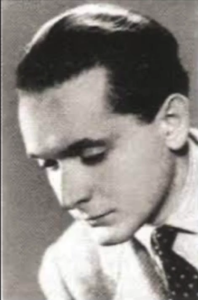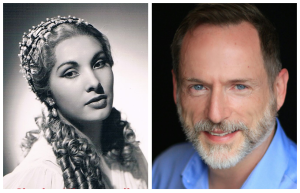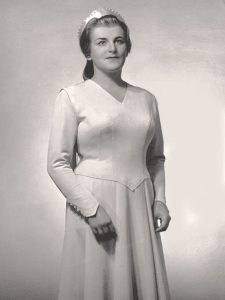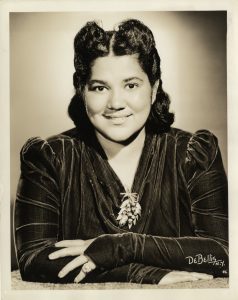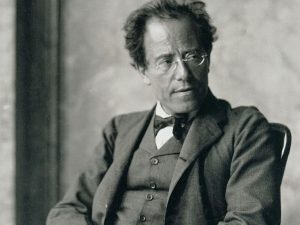Podcast: Play in new window | Download (Duration: 1:47:30 — 112.8MB) | Embed
Subscribe: Spotify | TuneIn | RSS | More
More than two years and nearly two hundred episodes ago, I published an episode on the great Italian tenore di grazia Cesare Valletti. Today I revisit his recorded legacy, focusing on his prowess in the French repertoire, both in opera and, rather uncharacteristically for an Italian tenor of the era, mélodie. Not only do I present the complete 1965 LP entitled Cesare Valletti Sings French Art Songs, which was his final release on the RCA Victor label, but I supplement that with two fantabulous death scenes from two of Jules Massenet’s most popular operas, Manon (a live 1954 recording pairing Valletti with Victoria de los Angeles at her most memorable), and Werther (a 1962 studio recording of excerpts from the opera featuring Rosalind Elias, the dearly beloved mezzo-soprano of blessed memory.) Valletti once again reveals himself an artist of refined taste, as well as (in the operatic excerpts) a surprisingly powerful and forthright vocal present and (in the song repertoire) an interpreter with superb French diction and exquisite insight into the half-lit atmosphere of the genre.
Countermelody is a podcast devoted to the glory and the power of the human voice raised in song. Singer and vocal aficionado Daniel Gundlach explores great singers of the past and present focusing in particular on those who are less well-remembered today than they should be. Daniel’s lifetime in music as a professional countertenor, pianist, vocal coach, voice teacher, and author yields an exciting array of anecdotes, impressions, and “inside stories.” At Countermelody’s core is the celebration of great singers of all stripes, their instruments, and the connection they make to the words they sing. By clicking on the following link (https://linktr.ee/CountermelodyPodcast) you can find the dedicated Countermelody website which contains additional content including artist photos and episode setlists. The link will also take you to Countermelody’s Patreon page, where you can pledge your monthly or yearly support at whatever level you can afford.
